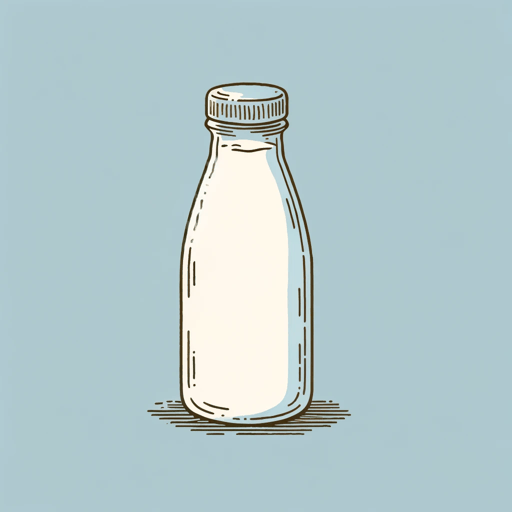44 pages • 1 hour read
Robert AlexanderThe Kitchen Boy: A Novel of the Last Tsar
Fiction | Novel | Adult | Published in 2003A modern alternative to SparkNotes and CliffsNotes, SuperSummary offers high-quality Study Guides with detailed chapter summaries and analysis of major themes, characters, and more.
Themes
Critiquing the Bolshevik State
The Kitchen Boy includes significant critique of the Bolshevik government and how it affected not only Russia’s history, but the Russian people themselves. Through the microcosm of Volodya’s story (his connection to Kate, the Romanovs, and his fellow Bolsheviks), Robert Alexander speaks to how the Soviet state’s pervasive lies and oppressive atmosphere affected social relations. Alexander also interrogates how this suppression affects Volodya as an individual—Bolshevik influence having destroyed his spirit and the trajectory of his life. This critique of the Bolshevik state is historically and dramatically significant—the novel’s Bolshevik suppression, violence, and lies enlightening readers to true events via the fictional Volodya.
The Bolsheviks’ manipulation tactics are a central component to The Kitchen Boy, as their fake letters drive the chapters that take place in 1918. Alexander illustrates how such lies were instituted on a systemic scale, affecting the essential fibers of Russian life and society. Volodya bitterly recalls how he and his fellow countrymen were drawn to the Bolsheviks’ anti-war, pro-worker ideology—only to be recruited into their oppressive regime. When Volodya ruminates on the past, he pretends to be Leonka and describes “Volodya” as a young blonde guard who “had been recruited from the local Zlokazov Factory, where not long ago the workers, infected by the Reds, had revolted and killed their bosses” (11).

